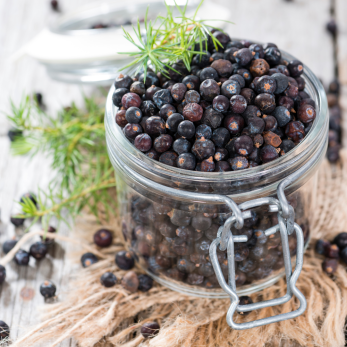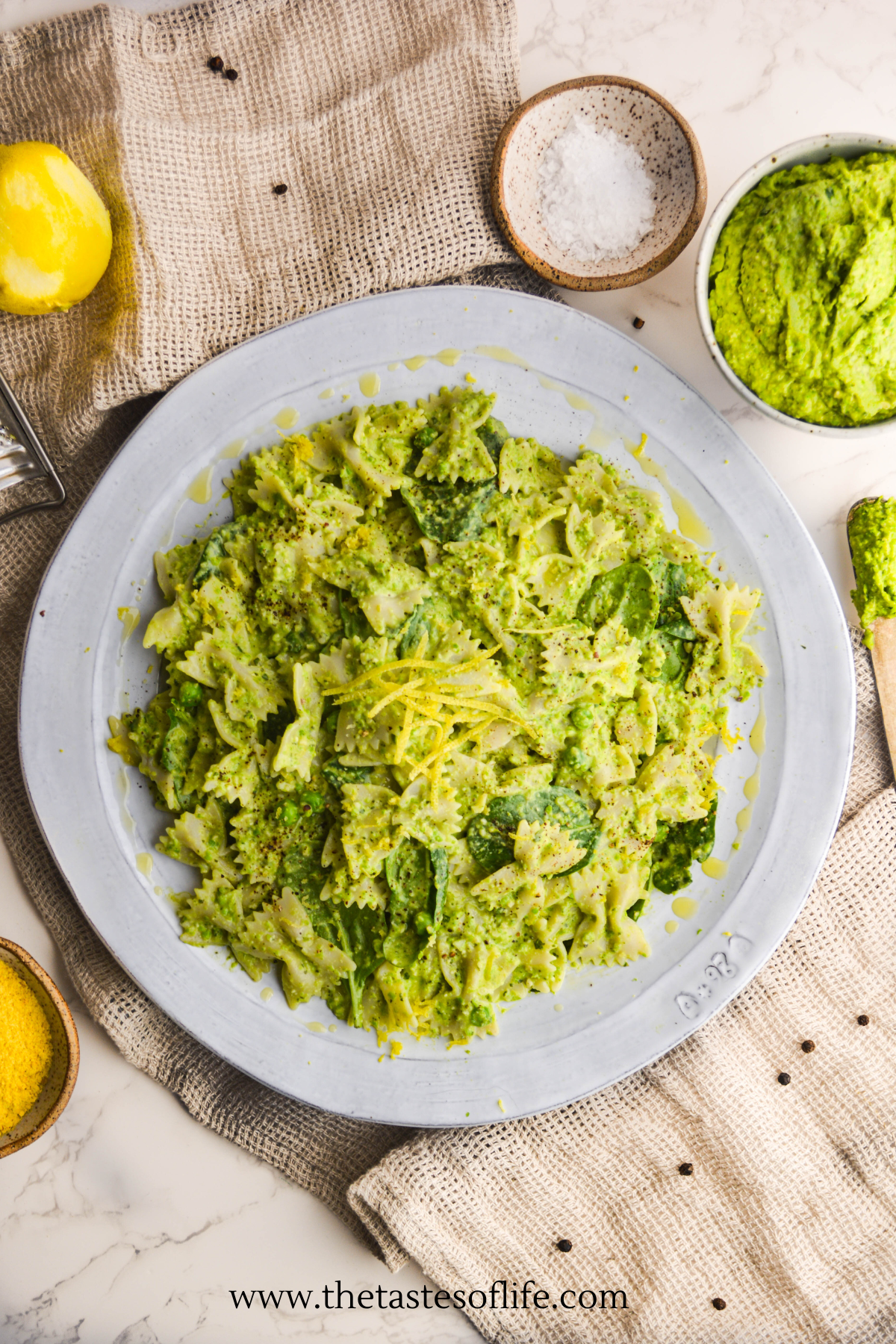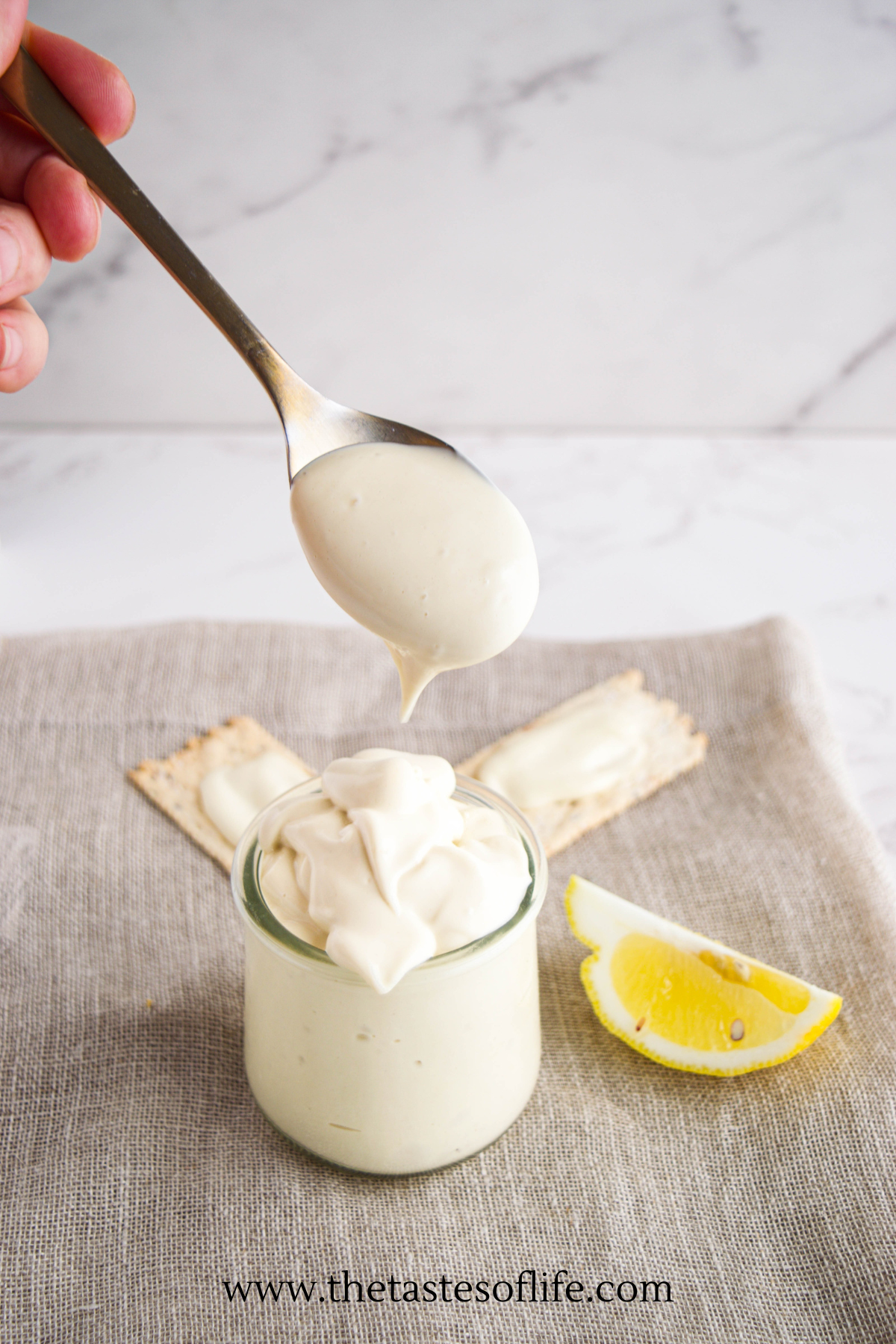How to Use Juniper Berries in Cooking

From Forest to Kitchen: Use of Juniper Berries in Cooking
Juniper berries are a flavorful and versatile ingredient that can add depth and complexity to various dishes. Whether you’re looking to enhance the flavor of meat, vegetables, or even cocktails, juniper berries are a great choice. In this blog post, we’ll explore the many ways you can use juniper berries in your cooking, from marinades and rubs to sauces and stews.
Juniper berries are one of my favorite spices to use for cooking. They remind me of my home and childhood. Of course, they are not for everyone, but when I really want to bring that piney, foresty flavor to my dishes, I always reach for juniper berries.
Juniper berries are a common ingredient in Polish cuisine, particularly in dishes featuring wild game, sauerkraut, soups, sweets or mocktails.
What are Juniper Berries?
Juniper berries are the fruit of the juniper tree, a coniferous plant that is native to many regions of the world, including Europe, Asia, and North America. These small, blue-black berries have a tart and slightly sweet flavor with notes of pine and citrus. They are often used to flavor gin and other alcoholic beverages, but they are also popular ingredients in cooking.
Juniper berries are a rich source of antioxidants and have been used for centuries in traditional medicine to treat various ailments, including digestive problems, arthritis, and respiratory issues.
Are all juniper berries edible?
While many species of juniper berries are edible, not all are suitable for human consumption. Some species of juniper berries are toxic and should not be consumed. It’s essential to identify the species of juniper before consuming its berries.
The most commonly consumed species of juniper berries are Juniperus communis, which is native to Europe, Asia, and North America, and Juniperus osteosperma, which is native to the southwestern United States. These species of juniper berries are safe for human consumption when used in moderation.
However, other species of juniper berries, such as Juniperus sabina, contain toxic compounds that can cause serious health problems if consumed. Ingesting even small amounts of these toxic berries can cause nausea, vomiting, diarrhea, and other symptoms.
Therefore, it’s essential to be absolutely sure of the species of juniper berries you are consuming before eating them. If you are uncertain, consult a local plant expert or botanist to identify the species of juniper berries.
Is Juniper Really a Berry?
Although juniper is commonly called a “berry,” it is not a true berry in the botanical sense. Instead, juniper “berries” are actually modified cones that are formed from the fleshy scales of the female juniper plant.
These cones are generally round and have a blue-black color when ripe, although some juniper species may produce green, red, or brown cones. Each cone contains several seeds that are also used in cooking and have a flavor similar to berries.
While the term “berry” may not be entirely accurate, it has become a common way to refer to juniper fruits in the culinary world. Whether you call them berries or cones, juniper fruits are a flavorful and versatile ingredient that can add unique flavor to a wide range of dishes.
How to Use Juniper Berries in Cooking

Now that we’ve covered the basics of juniper berries let’s explore some of the many ways you can use them in your cooking.
- Marinades and Rubs
One of the most popular ways to use juniper berries in cooking is as a marinade or rub for meat. The berries’ tart and slightly sweet flavor pairs well with rich, savory meats like pork, beef, and game.
To make a juniper berry marinade, start by crushing a handful of berries in a mortar and pestle or spice grinder. Combine the crushed berries with olive oil, vinegar, garlic, herbs, and spices, such as rosemary, thyme, and black pepper. Place your meat in the marinade and let it sit for several hours or overnight in the refrigerator. When you’re ready to cook, remove the meat from the marinade and discard any excess liquid.
For a juniper berry rub, mix crushed berries with salt, pepper, garlic powder, and other seasonings of your choice. Rub the mixture all over your meat before grilling, roasting, or smoking.
- Sauces and Gravies
Juniper berries can also add depth and complexity to sauces and gravies. They pair particularly well with game meats like venison and elk, but they can also be used in sauces for chicken, pork, and beef.
To make a juniper berry sauce, start by sautéing onions and garlic in a pan. Add crushed juniper berries, chicken or beef broth, red wine, and your choice of herbs and spices. Simmer the mixture until it has thickened and reduced, then strain out the solids and serve over your cooked meat.
For a juniper berry gravy, start by making a roux with butter and flour in a saucepan. Add beef or chicken broth, crushed juniper berries, and your choice of herbs and spices. Whisk the mixture until it has thickened and reduced, then strain out the solids and serve over your meat and potatoes.
- Stews and Casseroles
Juniper berries can also add depth and richness to stews and casseroles. They pair particularly well with root vegetables like carrots, parsnips, and potatoes, as well as meats like beef, lamb, and pork.
To make a juniper berry stew, start by browning your meat in a Dutch oven or heavy-bottomed pot. Remove the meat and sauté onions, garlic, and carrots until they are softened. Add crushed juniper berries, beef broth, and your choice of herbs and spices, such as thyme and bay leaves. Return the meat to the pot and simmer the mixture until the meat is tender and the flavors have melded together.
For a juniper berry casserole, start by sautéing onions and garlic in a large skillet. Add sliced potatoes, carrots, and other root vegetables of your choice, as well as crushed juniper berries, beef or chicken broth, and your choice of herbs and spices. Transfer the mixture to a casserole dish and bake in the oven until the vegetables are tender and the flavors have melded together.
- Bread and Baked Goods
Juniper berries can also be used to flavor bread and baked goods, adding a unique twist to traditional recipes. They pair particularly well with a hearty bread like rye and sourdough and sweet treats like muffins and cakes.
To make juniper berry bread, simply add crushed berries to your bread dough before baking. The berries will infuse the bread with their unique flavor, adding depth and complexity to your favorite recipe.
For juniper berry muffins or cakes, start by creaming butter and sugar together in a mixing bowl. Add eggs, flour, and baking powder, as well as crushed juniper berries and your choice of other flavorings, such as lemon zest or vanilla extract. Mix everything together until well combined, then bake in the oven until golden brown.
- Cocktails and Beverages
Juniper berries are perhaps best known for their use in gin, but they can also add flavor and depth to various other cocktails and beverages. They pair particularly well with citrus and other botanical flavors and can add a touch of complexity to everything from mocktails to cocktails.
To make a juniper berry cocktail, start by crushing a few berries in a cocktail shaker or mixing glass. Add your choice of gin, vodka, or other spirits, as well as citrus juice, simple syrup, and other flavorings of your choice. Shake or stir everything together until well combined, then strain into a glass and garnish with a sprig of fresh herbs or a slice of citrus.
For a non-alcoholic juniper berry beverage, start by brewing a pot of your favorite tea. Add crushed juniper berries, honey, and a squeeze of lemon juice to the tea, then let everything steep together for a few minutes. Strain out the solids and serve hot or over ice.
How to prepare juniper berries

Before using juniper berries in your cooking, it’s important to know how to properly prepare them. Here are some steps to follow:
- Choose fresh, high-quality juniper berries: Look for fresh juniper berries that are plump and firm. Avoid berries that are shriveled or discolored, as they may be past their prime.
- Wash the berries: Rinse the berries under cool water to remove any dirt or debris. Pat them dry with a clean towel.
- Crush the berries: Crush the berries lightly using a mortar and pestle, the back of a spoon, or a rolling pin. You want to avoid grinding the berries into a fine powder, as this will release too much of their flavor and aroma.
- Toast the berries (optional): Toasting juniper berries can help bring out their flavor and aroma. To toast the berries, heat a dry skillet over medium heat. Add the crushed berries and stir occasionally until fragrant, about 1-2 minutes. Be careful not to burn the berries, as this will make them bitter.
- Use as desired: Add the crushed or toasted juniper berries to your recipe as directed. Keep in mind that juniper berries are strong and can easily overpower other flavors, so use them in moderation.
Where to buy it
Juniper berries can be purchased at many grocery stores, specialty food stores, and online retailers. Here are some places where you may be able to find juniper berries:
- Local grocery stores: Many grocery stores carry dried herbs and spices, including juniper berries. Check the spice aisle of your local supermarket to see if they carry them.
- Specialty food stores: Specialty food stores, such as natural food stores and gourmet markets, often carry a wide selection of herbs and spices, including juniper berries. Check with stores in your area to see if they carry them.
- Online retailers: You can also purchase juniper berries from online retailers, such as Amazon or specialty spice shops. When purchasing online, be sure to check reviews and compare prices to ensure that you are getting a high-quality product.
- Local farmers’ markets: Depending on where you live, you may be able to find fresh juniper berries at local farmers’ markets during the harvest season.
When purchasing juniper berries, be sure to look for high-quality, fresh berries that are free from any signs of mold or discoloration. It’s also a good idea to purchase from reputable suppliers who specialize in herbs and spices.
Juniper Berries Healing Properties
Juniper berries have a number of potential health benefits due to their rich nutritional profile and active compounds. Here are some of the potential health properties of juniper berries:
- Anti-inflammatory properties: Juniper berries contain compounds like flavonoids and terpenes that have anti-inflammatory properties. This makes them a potential treatment for inflammatory conditions like arthritis.
- Antimicrobial properties: Juniper berries contain compounds like alpha-pinene and limonene that have antimicrobial properties. They may be able to help fight off harmful bacteria, viruses, and fungi.
- Diuretic properties: Juniper berries have been traditionally used as a natural diuretic. They may help increase urine production and flush out excess fluids from the body. This makes them a potential treatment for urinary tract infections and kidney stones.
- Digestive benefits: Juniper berries have been used to ease digestive discomfort for centuries. They may help soothe an upset stomach, decrease bloating, and relieve heartburn.
- Skin health: Juniper berries contain antioxidants that can help protect the skin from damage caused by free radicals. They may also have anti-inflammatory properties that can help soothe skin conditions like acne and psoriasis.
- Respiratory benefits: Juniper berries contain compounds that can help soothe respiratory conditions like asthma and bronchitis.
Juniper Berry Warnings
While juniper berries are generally safe for most people when consumed in moderation, there are some important warnings to keep in mind.
- Allergies: Some people may have an allergic reaction to juniper berries. Symptoms of an allergic reaction can include hives, itching, swelling, and difficulty breathing. If you experience any of these symptoms after consuming juniper berries, stop using them immediately and seek medical attention.
- Pregnancy: Juniper berries are not recommended for pregnant women, as they can stimulate uterine contractions and potentially cause miscarriage. They should also be avoided during breastfeeding, as there is not enough information available about their safety.
- Kidney disease: Juniper berries can increase urine production, which can be beneficial for treating urinary tract infections. However, this can also put additional strain on the kidneys, so people with kidney disease or other kidney problems should use juniper berries with caution.
- Medication interactions: Juniper berries can interact with certain medications, including diuretics and blood sugar-lowering medications. If you are taking any medications, it’s important to speak with your healthcare provider before using juniper berries to avoid any potential interactions.
- Overconsumption: Juniper berries should be consumed in moderation, as consuming large amounts can cause stomach irritation and other digestive issues.
In general, it’s always a good idea to consult with a healthcare professional before using juniper berries for medicinal purposes, especially if you have any underlying health conditions or are taking any medications.

Juniper Berries Marinade
Ingredients
Juniper Berry Marinade for meat
- 1/2 cup olive oil
- 1/4 cup red wine vinegar
- 2 tbsp honey
- 2 tbsp dijon mustard
- 2 garlic cloves, minced
- 1 tsp salt
- 1/2 tsp black pepper
- 1 tbsp juniper berries, crushed
Instructions
- Combine all ingredients in a mixing bowl.
- Whisk until well combined.






